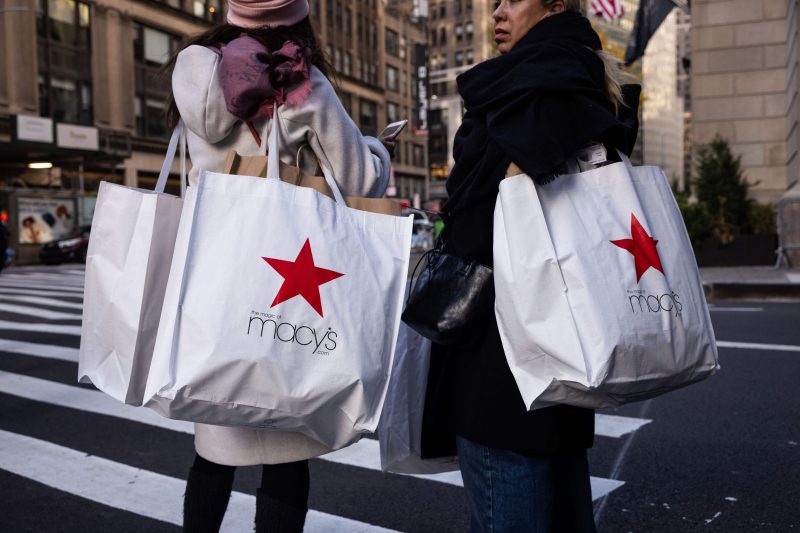Consumer confidence surged in November, surprising analysts and economists who predicted a slight lull at the end of a year that was expected to fall into recession.
The Conference Board’s Consumer Confidence Index rose sharply, from 101.4 in October to 126.1 in November. The index tracks consumer sentiment through surveys of 5,000 households and examines five different aspects of sentiment – the present situation, job market expectations, income expectations, business expectations, and spending intentions.
Experts believed that November confidence would be much lower than that of October, given the expectations of a possible recession in the coming months. “Instead of falling, consumer confidence surged to a near one-year high,” said Daniel Zhao, senior economist at Glassdoor.
The surprising uptick in consumer confidence was credited to a number of factors including low interest rates, favorable stock market performance despite some volatility, and strong consumer spending figures due to Black Friday.
“The strength of the consumer is a powerful force, and the better-than-expected November surge suggests that the holiday season sales may be relatively robust despite some headwinds,” David Blumenthal, an analyst at The Conference Board, told the Wall Street Journal.
Even though the outlook for the economy in 2020 remains uncertain, the November consumer confidence boost offers cautious optimism that the US may manage to dodge a recession next year.
